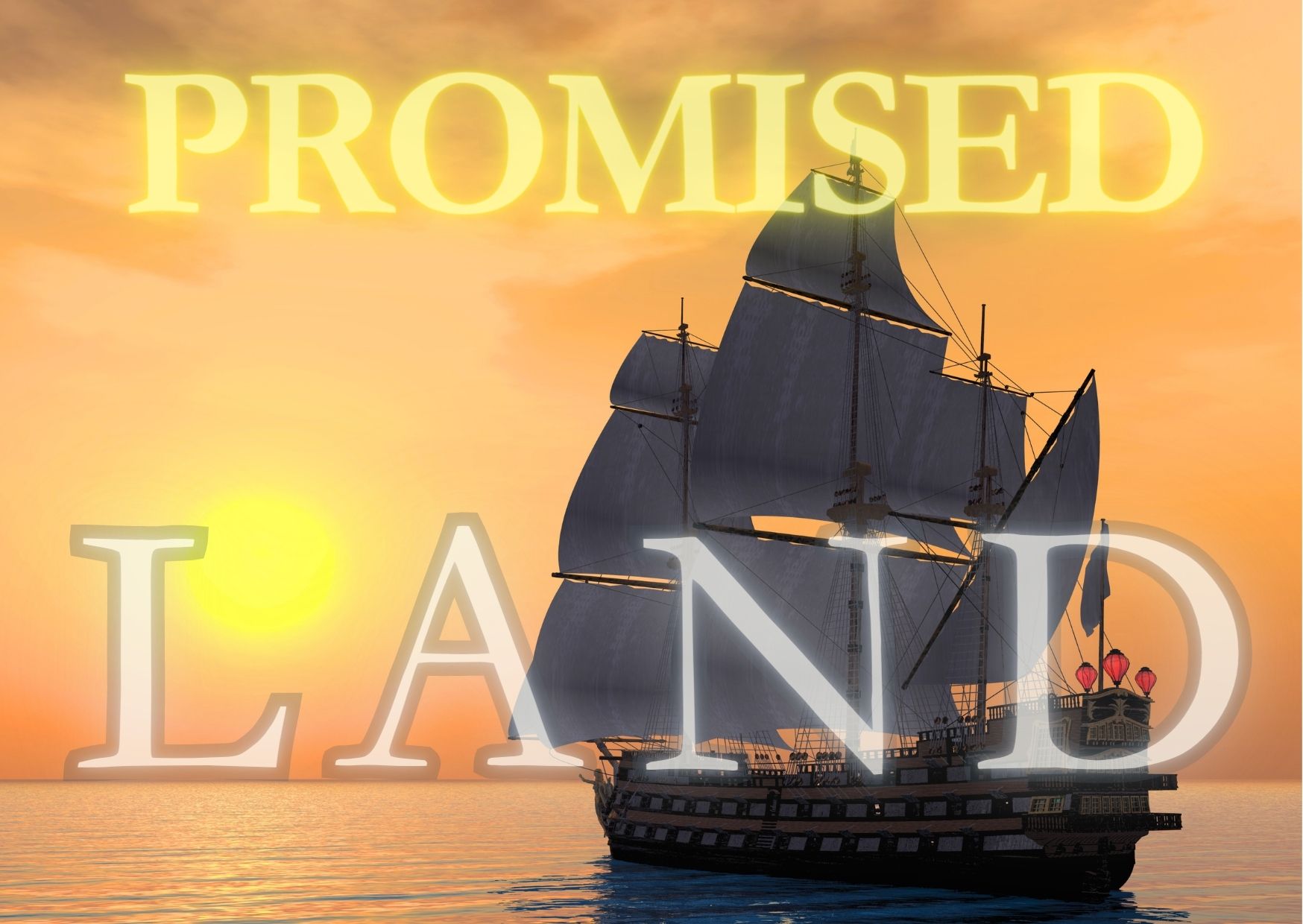
While we were in San Diego, we had the pleasure of visiting the Maritime Museum. Out of all the places we visited, it was the most intriguing for history lovers, and I fall into that category. There was a submarine, a steam ferry, recreated British frigate sailing ship, and many more. The engineering and ingenuity of these vessels were a sight to behold; to imagine that sea vessels were the prevailing transportation method for millennia boggles the mind. And although it is fun to imagine what life aboard these ships would have been like, I don’t think I would have enjoyed living on them for long.
One of the ships, the Star of India, the oldest surviving sailing ship, has a story as impressive as its weathered timbers. It embarked from the Isle of Man in the British Isles in 1867, and its purpose was to haul cargo from England to India and back. However, the most astonishing part is that after its life as a cargo ship, it became commissioned as a transport vessel for people. The ship’s new route was from England to New Zealand via the Suez Canal in Egypt, each trip taking 100 days or more to complete. Entire families would load up and travel to New Zealand; they would sell all their belongings, buy enough supplies to last the trips, and outfit their tiny cabins within the cargo hold in hopes of making it to a new land rife with opportunities—an incredibly tough journey made by resilient and robust people.
Journeys like this take a certain level of determination, endurance, and strong dispositions to complete it. These aren’t the voyages of fanciful dreamers, happy-go-lucky day-trippers, and laissez-faire tourists. They only partly knew what they were getting into, and they met that challenge with resolve and persistence. These voyages remind me of another traveler who started migrating toward an unknown location because he was told of a future promise.
Hebrews 11:8-10, 14-16 NASB20 – “By faith Abraham, when he was called, obeyed by going out to a place which he was to receive for an inheritance; and he left, not knowing where he was going. 9 By faith he lived as a stranger in the land of promise, as in a foreign land, living in tents with Isaac and Jacob, fellow heirs of the same promise; 10 for he was looking for the city which has foundations, whose architect and builder is God. … 14 For those who say such things make it clear that they are seeking a country of their own. 15 And indeed if they had been thinking of that country which they left, they would have had opportunity to return. 16 But as it is, they desire a better country, that is, a heavenly one. Therefore God is not ashamed to be called their God; for He has prepared a city for them.”
I reflect on this passage often. Abraham is our spiritual archetype; God promises him a glorious place he has never been to; this thought alone is an exercise in faith and belief. Yet because he trusts in God, he is willing to leave all that he has known and travel there. Abraham’s legacy is that he will gain an inheritance that God provides. Abraham intentionally left his earthly family, giving up whatever land or birthright he would have had to receive an inheritance from God.
The author of Hebrews leaves his readers and us with the rhetorical question, “Would you live like a stranger now so that you can enjoy God’s inheritance later?” or “Are you willing to risk everything you have now for the promise of God?” These questions link with our desire to pursue God. In our lives, we want to have it all; we want to have our cake and eat it too. The lesson from Abraham is that you must be willing to leave what you know for what God will give you. And when you live like this, God is proud to be called your God because He knows your heart is truly His.
We should be inspired as we consider individuals willing to brave the unknown: Marco Polo, Lewis and Clark, homesteaders on the Oregon Trail, and the passengers on the Star of India. To leave everything, traveling with nothing but the hope of a future, is moving and motivating. Let’s be like those intrepid travelers, willing to leave it all behind for a Promised Land.